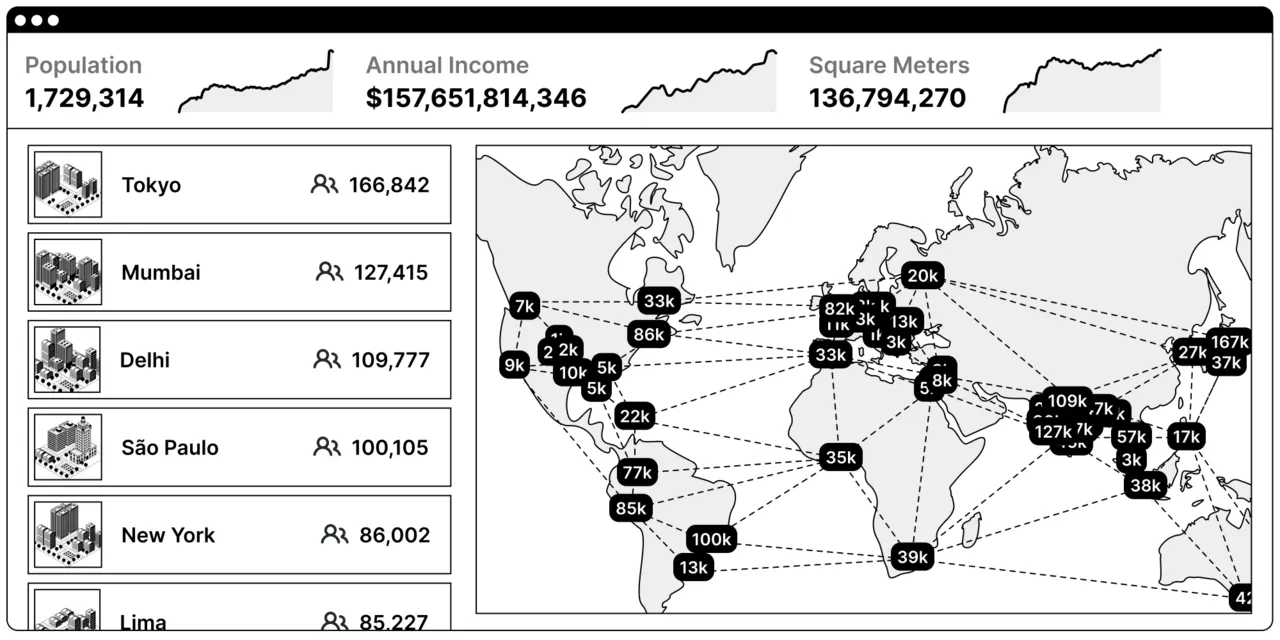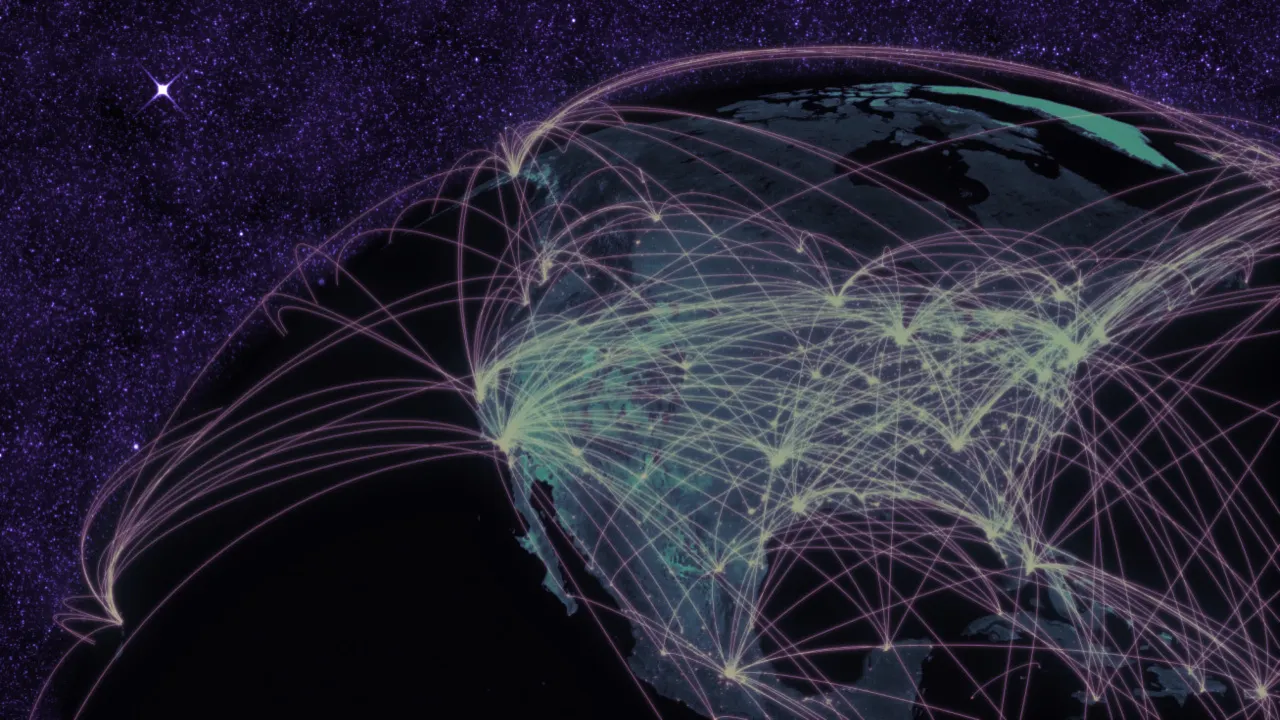Swap blockchain technology with legacy census tools, and you start seeing the foundation for what Coinbase’s former CTO Balaji Srinivasan calls The Network State.
During an event hosted by CoinDCX in Bengaluru on Friday, Srinivasan explained how an online community of individuals worldwide could eventually reach formal statehood.
This Network State is a group from various countries acting as a single entity. The entity would also be built using blockchain technology with common objectives funded using cryptocurrencies.
He said, for example, there could be members in Tokyo, Mumbai, Delhi, and so on, and they could eventually “build something that had the scale of an annual income and a real estate footprint of a traditional state.“

It’s an ambitious idea, and according to Srinivasan, establishing a country without diplomatic recognition is futile.
In principle, only sovereign states can become United Nations (UN) members with diplomatic rights. And per international law, sovereign states must have a permanent population and defined territory.
Such a community would thus need to establish a reliable mechanism for proving the state’s population and off-chain territory.
And to do that, look no further than blockchain technology. With help from oracle networks and the Ethereum Name Service (ENS), argued Srinivasan, this could be achieved.
Ethereum Name Service and the Network State
The Ethereum Name Service is a crypto-based domain name protocol built on Ethereum. It allows simple names to be assigned instead of the long string of letters and numbers currently used for crypto addresses.
For example, you could use “decrypt.eth” instead of the 42-character address that identifies your Ethereum wallet.
This could also provide a nifty alternative to traditional national ID cards and the like. With the Network State being comprised of individuals from around the world, such ID cards wouldn’t necessarily be able to establish a census either.
In his book on the subject, he explained how one could “create decentralized identities similar to ENS and SNS to serve as digital passports for the network state.”
“You can think of the population metric as an underlying table with 1,729,314 people, each of them, let’s say, have an ENS, and there is an oracle that’s reporting these are all humans,” said Balaji, explaining on-chain population’s census calculation.
ENS Domain Registrations
Network State or not, ENS activity is already booming.
As of this writing, nearly 2,121,083 ENS domains have been registered per data from Dune Analytics. Monthly ENS renewals are also reached highs during this month.
Per data from Dune Analytics, users have spent nearly 29,950 ETH, worth $62.39 million, to acquire ENS domains.

Monthly ENS registration indicating spike over the past 120 days; source: Dune Analytics
Last month, monthly ENS registrations also hit an all-time high of 378,804 registrations, which is roughly the size of Tampa, Florida. Whether that’s enough for a Network State, though, remains to be seen.





